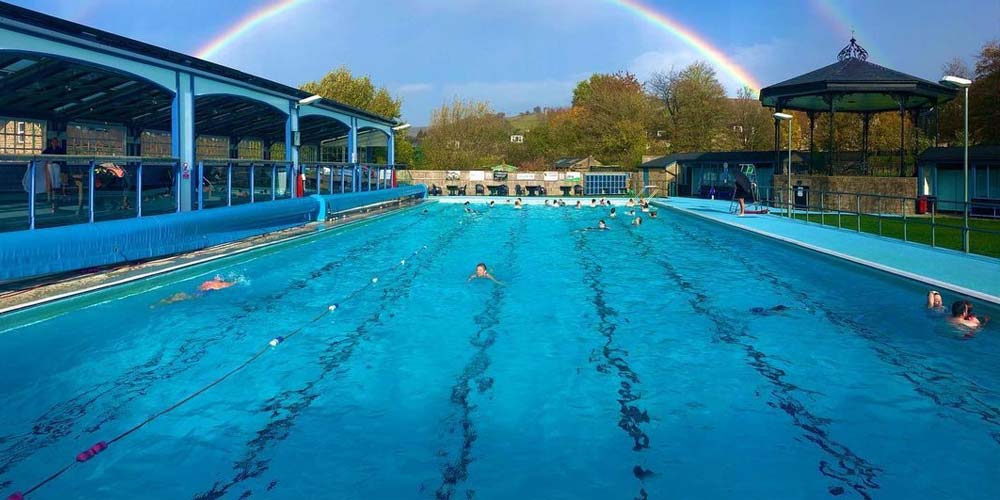News
-

Effects of pH on swimming pool water
The pH of your pool is important for pool safety. pH is a measure of the water’s acid-base balance. If the pH isn’t balanced, problems can occur. The pH range of water is usually 5-9. The lower the number, the more acidic it is, and the higher the number, the more alkaline it is. Pool...Read more -

The Chlorine Level in my pool is too high, what should I do?
Keeping your pool properly chlorinated is a difficult task in pool maintenance. If there is not enough chlorine in the water, algae will grow and ruin the appearance of the pool. However, too much chlorine can cause health problems for any swimmer. This article focuses on what to do if the chlori...Read more -

Why Choose Polyaluminium Chloride for Water Treatment
Water treatment is an important part of environmental protection and public health, and its purpose is to ensure safe water quality and meet the needs of various applications. Among many water treatment methods, polyaluminum chloride (PAC) is widely chosen for its unique properties and efficient ...Read more -

Application of PAM in enhanced flocculation and sedimentation
In the sewage treatment process, flocculation and sedimentation are an indispensable part, which is directly related to the quality of the effluent and the efficiency of the entire treatment process. With the continuous advancement of technology, polyacrylamide (PAM), as an efficient flocculant, ...Read more -

Algicides: Guardians of water quality
Have you ever been by your pool and noticed that the water has turned cloudy, with a tinge of green? Or do you feel the pool walls are slippery while swimming? These problems are all related to the growth of algae. In order to maintain the clarity and health of water quality, algicides (or algaec...Read more -

Do heat and sunlight affect the available chlorine levels in your pool?
There’s nothing better than jumping into a pool on a hot summer day. And since chlorine is added to your pool, you don’t usually have to worry about whether the water has bacteria. Chlorine kills bacteria in the water and prevents algae from growing. Chlorine disinfectants work by dissolving the ...Read more -

What are the differences between saltwater and chlorinated swimming pools?
Disinfection is an important step in pool maintenance to keep your pool water healthy. Saltwater pools and chlorinated pools are two types of disinfected pools. Let’s take a look at the pros and cons. Chlorinated Pools Traditionally, chlorinated pools have long been the standard, so people ...Read more -

Advantages of using Trichloro Tablets
Trichloro tablets are one of the most commonly used products, mostly used to eliminate bacteria and microorganisms in homes, public places, industrial wastewater, swimming pools, etc. This is because it is easy to use, has high disinfection efficiency and is affordable. Trichloro tablets (also kn...Read more -

Why does the pool change color after chlorine shock?
Many pool owners may have noticed that sometimes the pool water change color after adding pool chlorine. There are many reasons why pool water and accessories change color. In addition to the growth of algae in the pool, which changes the color of the water, another lesser-known reason is heavy m...Read more -

Flocculation Your Pool with Aluminium Sulphate
The cloudy pool water increase the risk of infectious diseases and decrease the effectiveness of disinfectants, so the pool water should be treated with flocculants in a timely manner. Aluminium Sulphate (also termed alum) is an excellent pool flocculant for creating clear and clean swimming pool...Read more -

Three indicators you need to pay attention to when choosing PAM
Polyacrylamide (PAM) is an organic polymer flocculant widely used in the field of water treatment. The technical indicators of PAM include ionicity, hydrolysis degree, molecular weight, etc. These indicators have a significant impact on the flocculation effect of water treatment. Understanding th...Read more -

A New Option for Pool Maintenance: Blue Clear Clarifier
In the hot summer, the swimming pool has become a popular place for leisure and entertainment. However, with the frequent use of swimming pools, maintaining the pool water quality has become a problem that every pool manager has to face. Especially in public swimming pools, it is vital to keep th...Read more
